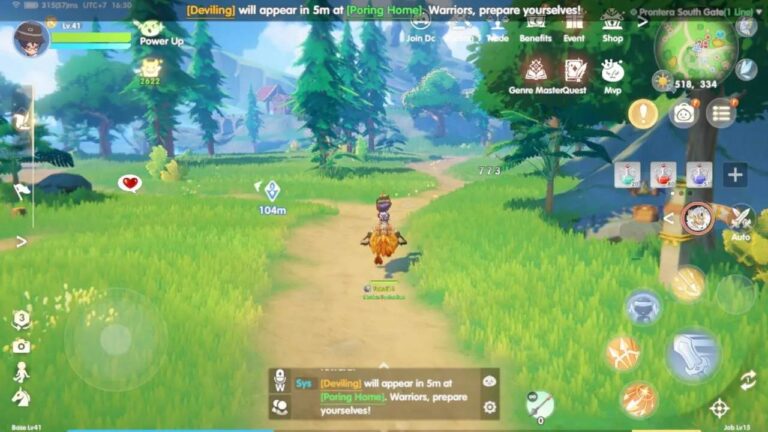
United Gaming – Ubisoft is currently developing several new titles, but recent changes to its End User License Agreement (EULA) have raised concerns across the gaming community. These changes could have significant implications for how gamers access and retain Ubisoft’s upcoming titles.
EULA Changes Align with Growing Digital Ownership Concerns
Interestingly, Ubisoft’s updated EULA comes at a time when many gamers are already questioning the value of physical game ownership. Additionally, the changes coincide with the growing momentum of the Stop Killing Games movement, which advocates for consumer rights in the digital gaming era. These parallel developments have fueled broader discussions about game preservation and digital ownership rights.
“Read more: Nvidia Reaches $4 Trillion Market Cap, Surpasses Apple, Challenges Microsoft“
Gamers Required to Delete Games Once Delisted
The most contentious part of Ubisoft’s revised EULA lies in Clause 8, which states that users must “immediately delete and destroy all copies of the product” once it is removed from circulation. In other words, if a game is delisted, gamers are contractually obligated to erase all traces of the game—even if they purchased it legally. This clause has sparked outrage online, with many arguing that it sets a dangerous precedent for digital content access.
The Stop Killing Games Movement Gains Momentum
The timing of Ubisoft’s EULA update has only added fuel to the fire. The Stop Killing Games campaign, which began after Ubisoft delisted The Crew, has now garnered over one million supporters. Its goal is to pressure publishers and developers to stop removing access to games months or even years after purchase. Ubisoft’s new policy, however, appears to move in the opposite direction—reaffirming their ability to pull purchased content at will.
Similar Clauses Found in Other Developers’ EULAs
It’s important to note that Ubisoft isn’t alone in including such controversial clauses in their EULAs. A Reddit user named Amon724 discovered similar language in the EULAs of other major titles, including Final Fantasy VII Remake, Metaphor: ReFantazio, and The Elder Scrolls IV: Oblivion Remastered. These clauses often go unnoticed until they’re brought into the spotlight, as is the case now.
Industry-Wide Practices Reveal a Larger Issue
In fact, this clause appears to be more common than gamers might expect. A developer for Phasmophobia once clarified on Reddit that such language is often standard across EULAs. He cited examples like Baldur’s Gate 3 and Dead by Daylight—games that also include similar terms. While some argue that the clause is legally precautionary, others believe it illustrates the broader issue of diminishing player rights in the digital era.


